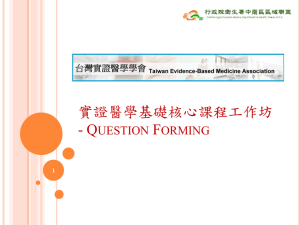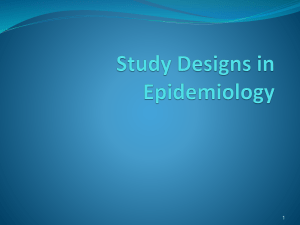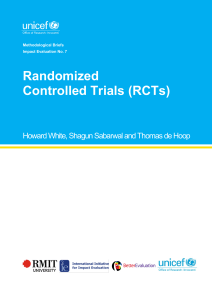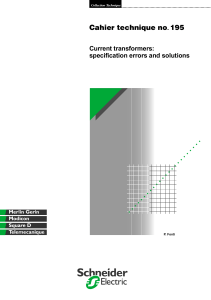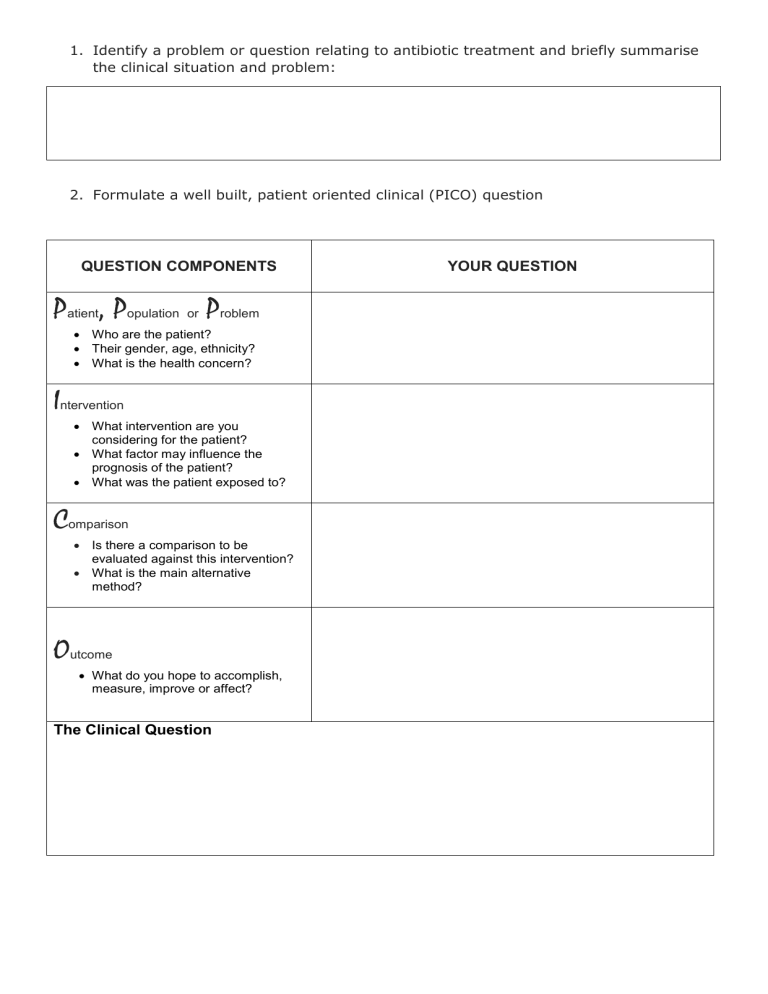
1. Identify a problem or question relating to antibiotic treatment and briefly summarise the clinical situation and problem: 2. Formulate a well built, patient oriented clinical (PICO) question QUESTION COMPONENTS Patient, Population or Problem Who are the patient? Their gender, age, ethnicity? What is the health concern? Intervention What intervention are you considering for the patient? What factor may influence the prognosis of the patient? What was the patient exposed to? Comparison Is there a comparison to be evaluated against this intervention? What is the main alternative method? Outcome What do you hope to accomplish, measure, improve or affect? The Clinical Question YOUR QUESTION 3. Identify the type of literature that could best be used to answer the question. Type of question Ideal type of study □ Therapy RCT □ Prevention RCT > Cohort Study > Case Control □ Diagnosis Prospective, blind controlled trial comparison to gold standard □ Prognosis Cohort Study > Case Control > Case Series/Case Report □ Aetiology/harm RCT > Cohort Study > Case Control □ Cost analysis Economic analysis Note: Meta-analyses and systematic reviews, when available, are the best evidence to use 4. Develop a search strategy to use as a basis for answering your question. SEARCH STRATEGY DEVELOPMENT Primary search term Synonym 1 Synonym 2 P I C O 5. Provide details of a suitable piece of evidence located. Reference of one piece of suitable evidence: (attach a copy of the article abstract) 6. Read and critically appraise the evidence Write a brief critical appraisal of the evidence identified – using the questions provided in class. QUESTIONS TO ASK IN CRITICALLY APPRAISING A PAPER TO BE USED AS EVIDENCE 1. Who wrote the paper? 2. Did they come from what seems like a reputable research organisation? (university, health service, national research institute) 3. Who funded the research? (eg was it a drug company?) 4. If it was, what does this mean? 5. Is it of interest? 6. Why was it done? 7. How was it done? 8. Were acceptable methods used? 9. How many people were involved in the research? (what was the sample size) 10. Was the sample appropriate? 11. What country or context did the study sample come from? Can this context be transferred to your context? 12. Did they draw the correct conclusions from their data? 13. What has been found? 14. What are the implications? 15. How old is the research study? 16. Has there been any other research in this area? 17. Is one study enough to base your decision on? 6. Answer your clinical question. Answer your clinical question using the evidence identified:
